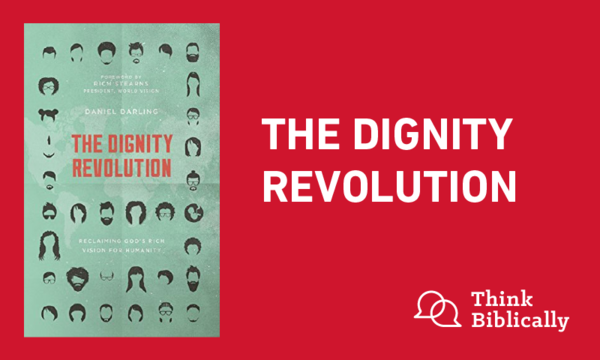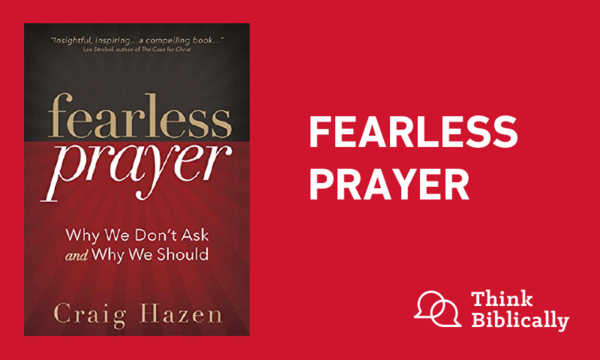Blogs & Podcasts
![]()
Becoming Biola
Explore Life at Biola University![]()
![]()
![]()
Bravo!
Biola University Conservatory of Music![]()
Business. Ministry. Life.
Crowell School of Business![]()
GRIT
a resource collective for women![]()
Opening Question
Torrey Honors College![]()
![]()
Talbot Magazine
Talbot School of Theology![]()
The Faculty Cut
Resources from the Snyder School of Cinema and Media Arts' Industry Professionals![]()
The Good Book Blog
Talbot School of Theology Faculty Blog![]()
Think Biblically
Conversations on Faith and Culture![]()
Winsome Conviction
Cultivating Conviction with Civility
Latest Posts
The Dignity Revolution
with Daniel Darling
Engaging with Gatekeepers (Part 1)
The Elevator Pitch
Luke 7:36-50, The Parable of the Two Debtors
Parables of Jesus video Bible study series
Amar a Dios y a las personas
Love God and people
Walking with Loved Ones at the End of Life
with Doug Groothuis
National Media Organization Recognizes Student Magazine Once Again
The Point named finalist in Associated Collegiate Press Pacemaker Awards
The Parable of the Wedding Banquet, Matthew 22
Parables of Jesus video Bible study series
Virtue Ethics Turns 60
The Revolution Gets a Senior Discount
Middle Knowledge and Those Who Die in Infancy
Weekly Q & A with Dr. William Lane Craig
4th Annual Biola Startup Competition Moves to Round 3 of 3
Finalist teams compete for $27,500 in cash prizes
The Not-So-Sacred Enneagram
A Book Review of "The Sacred Enneagram" by Christopher L. Heuertz
Fearless Prayer
with Craig Hazen
What Every Church Needs to Know About Generation Z
A landmark new study from Biola and Talbot alumni offers key findings about the next generation
Gen Z’s Sense of Self and the Gospel
Considerations for Fostering Christian Identity
World-Renowned Danish Artists Transform Calvary Chapel
Peter Brandes and Maja Lisa Engelhardt transform sacred space with original sculptures and stained-glass windows
 Biola University
Biola University


























